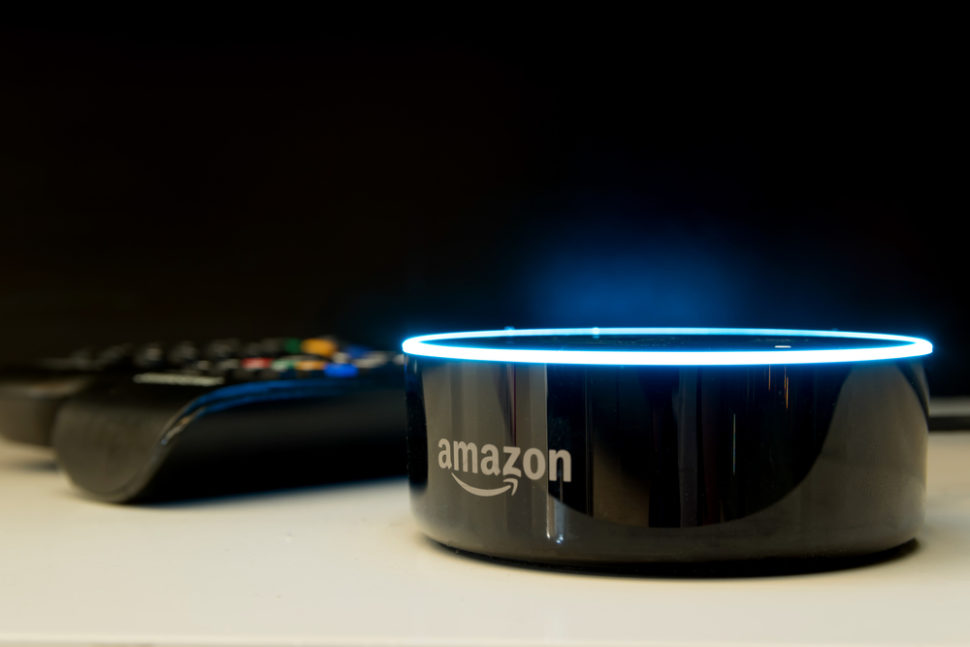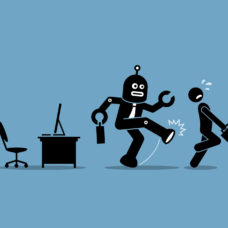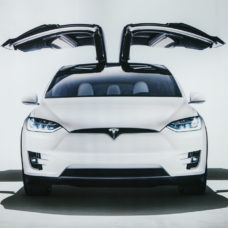Recently, Amazon announced plans to put its Alexa voice assistant in more devices – even the cheapest and dumbest things like toasters.
During its hardware event in September, Amazon showed-off several Alexa-powered devices. These include a smart ring, smart glasses, and a speaker that plugs into a wall outlet like a nightlight.
At the time, the retail giant suggested that Alexa voice assistant would come to even more devices. Now Amazon is making good on that promise.
In a blog post, the company announced a new technology that’ll let Alexa run on the most basic processors with less than 1MB memory. It’s called AVS Integration for AWS IoT Core.
Before now, Alexa built-in products required expensive processors with more than 50MB memory, running on Linux or Android. But with the new technology, even a toothbrush should theoretically run the voice assistant.
In a statement to TechCrunch, Vice President of AWS IoT, Dirk Didascalou, said:
“We now offload the vast majority of all of this to the cloud. So the device can be ultra dumb. The only thing that the device still needs to do is wake word detection. That still needs to be covered on the device.”
What exactly does this mean?
Using Alexa Voice Assistant To Create Ambient Computing Space
According to Dirk, the new technology will create “a real ambient intelligence and ambient computing space.”
Users will no longer know the device they’re speaking to, and hubs would become unnecessary. Instead, users can interact directly with the environment to access Alexa voice assistant.
What’s more, some of these devices will be so dumb that they’ll only respond when you say the wake word. That way, you won’t have to worry about your oven or toaster secretly recording your conversations.
With that said, there’s still a good chance of an accidental recording.
Users can unknowingly trigger the wake word to send messages or voice recordings to contact. It has happened before.
Aside from the wake word issue, having Alexa voice assistant in most home devices also raises privacy issues. Voice recordings from enabled devices will go to the cloud, giving Amazon staff access to your conversation.
In the end, you’ll have an Alexa-powered smart home.
It would be the real ambient intelligence and ambient computing space that Amazon described. But, Alexa will always be listening.


















Comments (0)
Most Recent